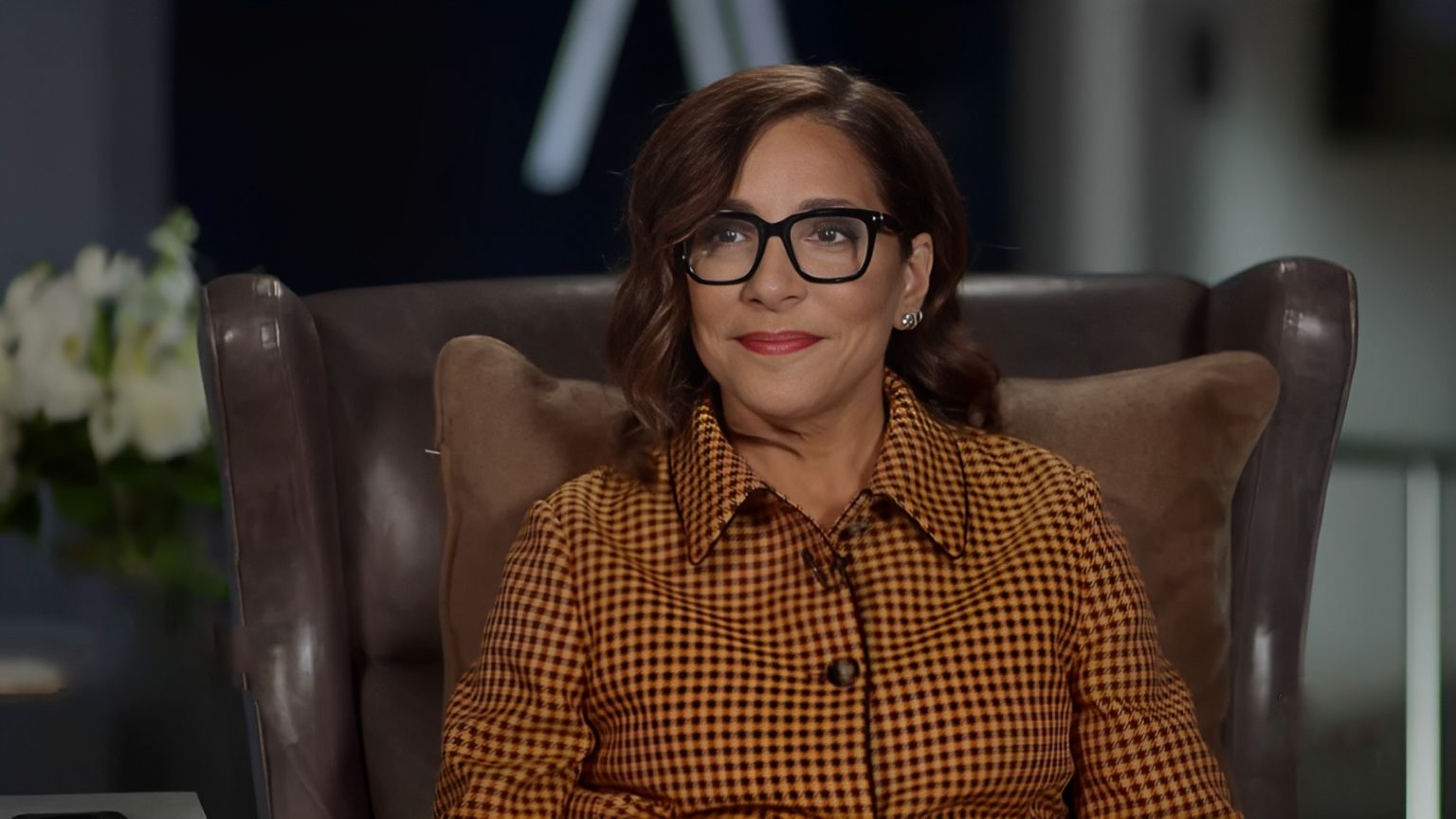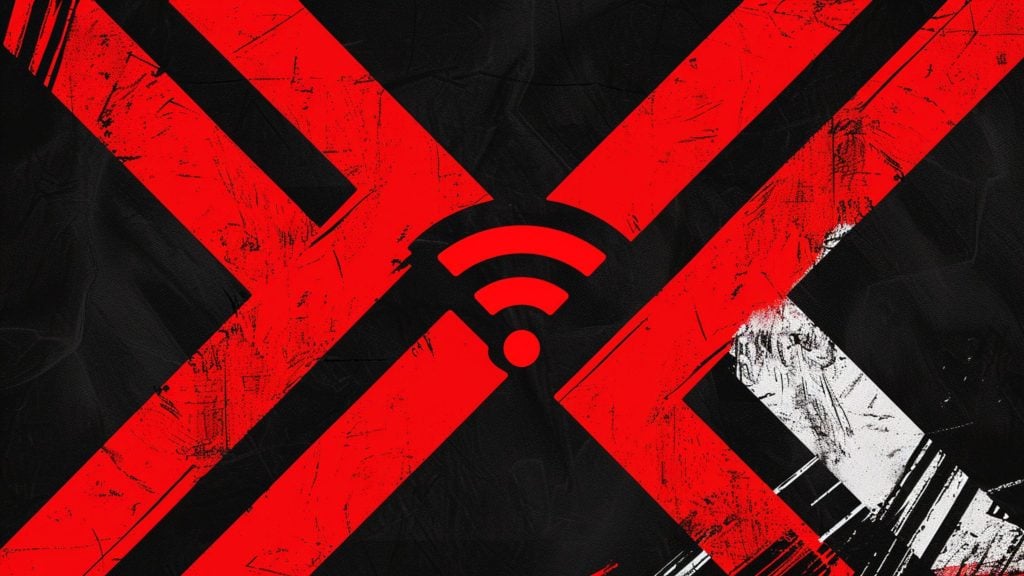Linda Yaccarino, X CEO and a former NBC advertising executive, underscored her autonomy in managing the day-to-day operations of X, previously known as Twitter, and shed some light on the shadowbanning operation at Twitter.
Appointed CEO by Elon Musk, she reasserted her independence from the entrepreneur, placing him firmly in a tech-based role. Her remarks have reignited debates surrounding freedom of speech and the direction online platforms should take in moderating content.
During a CNBC interview, Yaccarino discussed the demarcation of duties between herself and Musk, with the latter focusing on “product design” and leading “a team of extraordinary engineers [focusing] on new technology.”
However, it is her stance on the website’s content policies that has raised eyebrows among free speech enthusiasts.
In clarifying X’s approach to moderation, Yaccarino introduced the concept of “freedom of speech, not freedom of reach,” a policy where users, when posting narratives that are not in line with approved standards, are labeled, possibly demonetized for that content, and have their visibility reduced on the platform.
“If it is lawful but it’s awful, it’s extraordinarily difficult for you to see it,” she remarked, insinuating that even legally permissible content might be obscured if deemed undesirable by the company.
Some free speech advocates are concerned that this strategy of content labeling and demotion can quickly escalate into censorship. They argue that the distinction between “awful” and “lawful” is often a subjective one and fear the potential for misuse.
The decisions and comments made by Yaccarino might seem like a strict stance against divisive or hurtful rhetoric but critics may see it as an alarming move away from the ethos of open dialogue and free speech.













